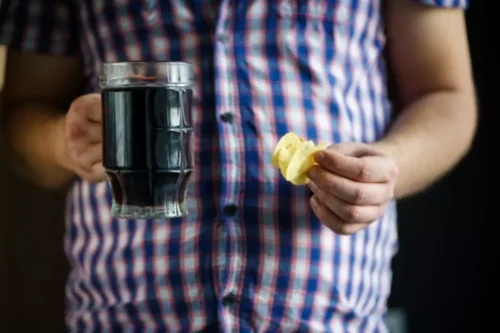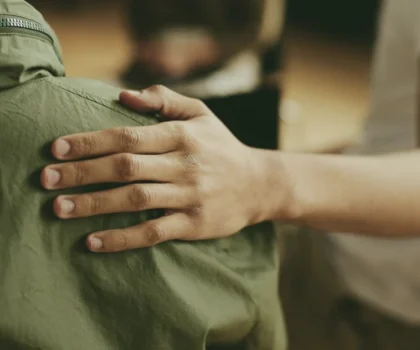The problem is that no one is trying to take away their right to drink. But it is sheer reality itself that is dictating they must stop drinking if they wish to end their worst suffering and continue living. It is not their family and friends who make them unable to stop on their own.
Alcoholic Denial How To Help An Alcoholic In Denial
If you or someone you know is living with alcohol use disorder, there are a number of resources that can help. Unlike denial, which is a coping mechanism, anosognosia is the result of changes to the frontal lobe of the brain. No matter the reason behind your loved one’s denial, help is available. Others may be at a point where they know they need to make a change. Sarah Allen Benton, M.S., LMHC., LPC, is a licensed mental health counselor and author of Understanding the High-Functioning Alcoholic. Addiction Resource aims to provide only the most current, accurate information in regards to addiction and addiction treatment, which means we only reference the most credible sources available.

The role of family and friends
If you’re ready to take the first step on your road to recovery, we’re here for you. Please book an appointment with us today, and let’s get you back to where you want to be. Instead of patronizing them for getting a hangover after a night of drinking, ask them how they feel right now and what they would be feeling if they had drunk less or not at all. Focus on asking your loved ones questions that allow them to reflect on their drinking and let them tell their story from their point of view.
- All Addiction Resource content is medically reviewed or fact checked to ensure as much factual accuracy as possible.
- However, for someone with an alcohol dependence, that expectation may turn out to be unreasonable.
- While the denial is helpful in the short term, it can hinder long-term recovery.
- You may need to seek treatment at an inpatient facility if your addiction to alcohol is severe.
- Instead, try empathizing with the underlying concerns they may have.
- This page will explain in depth why denial is such a common symptom of alcohol, how to tell whether someone is in denial and what you can do to help.
How Does Alcoholic Denial Happen?

While denial is one of the most common symptoms of alcoholism, there are other signs that someone’s alcohol use has spiralled out of control and become a problem. For some, blaming others protects them from taking responsibility themselves. Denial, blame and dishonesty may anger loved ones, but it is important to understand that these actions are a product of the disease rather than a true representation of the person’s character. alcoholism and denial An addiction is a disorder characterized by the compulsive use of a rewarding substance or activity despite experiencing adverse consequences. This complex condition is influenced by a person’s genes and their environment and is often considered a brain disease. Denial in alcoholism refers to the refusal or inability of an individual to acknowledge their drinking problem or its impact on their life and others.

Even if your loved one displays many of the symptoms listed above, they may continue to deny that they have a problem. They are not simply in denial – they have no way of understanding it as their brain is wired differently. By comparing their drinking behaviours to those of others, the affected person may attempt to show that their actions are normal or even better than others around them. Completely refusing to discuss the issue and avoiding the subject entirely is another sign of denial in alcoholism.

- They might downplay the frequency and amount of alcohol they consume or make excuses for their behavior when confronted by loved ones.
- When someone reaches a crisis point, sometimes that’s when they finally admit they have a problem and begin to reach out for help.
- It’s OK to make choices that are good for your own physical and mental health.
- They may not be ready to give up drinking alcohol – the very thought of it could feel terrifying and overwhelming.
- Another form of defense can happen when a person struggling with addiction creates a group of people that allows them to continue to believe that their drinking is not a problem, nor the cause of their hard times.
Instead, they’re dealing with a very real psychological aspect of addiction. Individuals with co-occurring mental health disorders may use alcohol as a coping mechanism to manage their symptoms, which can lead to a cycle of addiction and denial. Additionally, alcohol use can worsen existing mental health symptoms and make them more difficult to manage, making it crucial to address both issues simultaneously. If you recognize denial in yourself, Scholl advises that you reach out for help.
What is considered 1 drink?
- One day, curiosity turns into the first sip—the harmless first taste.
- People with alcohol use disorder may experience denial, which can delay treatment.
- Understanding the role of denial in alcoholism can help loved ones better understand their behavior and provide appropriate support.
- People with an alcohol addiction may lie to mask shame or to avoid ridicule from their peers.